Artificial Intelligence, Democracy and Public Policy
The first season explores the relationship between artificial intelligence (AI), democracy and public policy.
How does artificial intelligence work? How can we address the challenges its use poses to privacy, transparency, and racial and gender non-discrimination?

What gains in efficiency and well-being can this technology bring to society? This season explores these and other questions in three episodes.
The video series has optional subtitles in Portuguese, English and Spanish that can be activated in the settings.

What is Artificial Intelligence?
In this episode, we understand what Artificial Intelligence is from a brief history of its emergence to the present day, its definition and how the main techniques used work. We discuss how AI can deepen and create new inequalities by reproducing human biases and prejudices.
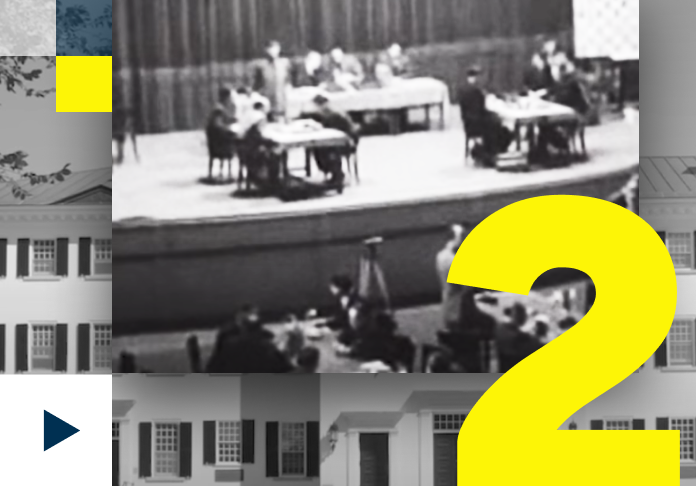
Democracy and Artificial Intelligence: is there a Brazilian strategy for AI?
In this episode, we discuss the relationship between Artificial Intelligence and democracy, including the potential and risks involved in its application in public policy, such as surveillance and privacy issues. We shed light on the importance of a Brazilian national strategy for AI and the country’s current position.
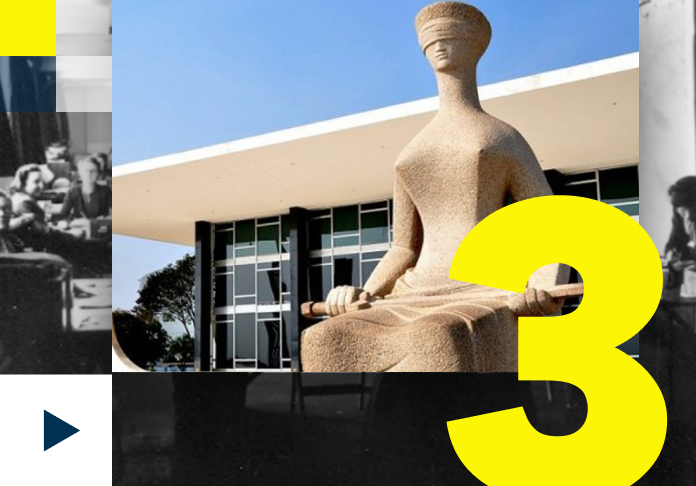
How to regulate Artificial Intelligence?
In this episode, we look at trends in the regulation of Artificial Intelligence around the world, outlining some of the different possible models. We address the path that Brazil is taking with the General Data Protection Law (LGPD) and Bill 21/2020, currently under discussion in the Senate, bringing different visions of the future into the debate.
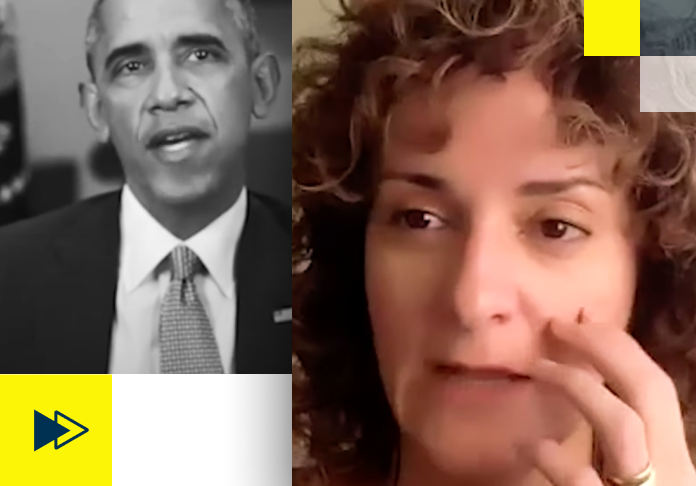
What is deepfake?
Caitlin Mulholland, associate professor of civil law at the Law Department of PUC-Rio, explains what deepfakes are, explores the challenges this technology poses for democracy and possible solutions.
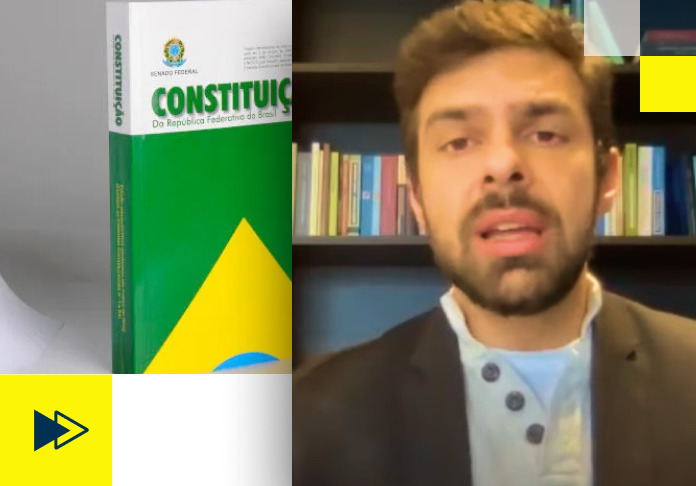
Does the public sector use artificial intelligence?
Rafael Fassio, São Paulo State Attorney, explains how the Brazilian public sector currently uses artificial intelligence and discusses the risk levels of the different applications.
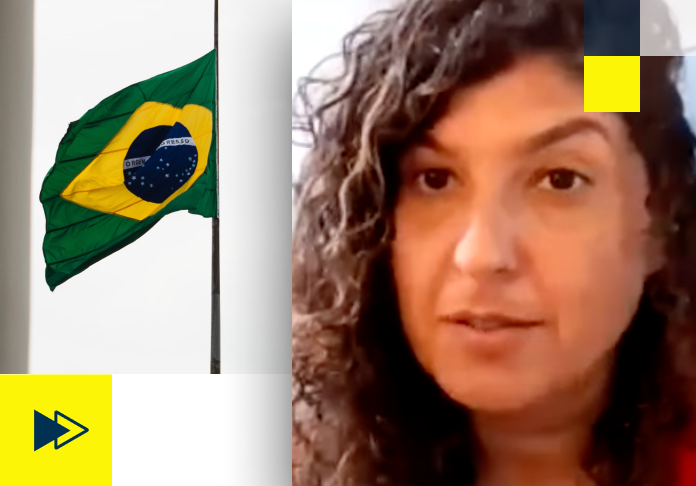
Can data impact national sovereignty?
Fernanda Rosa, assistant professor in the Department of Science, Technology and Society at Virginia Tech, discusses how the use of data can affect a country’s sovereignty, thinking about data management by governments and internet infrastructure.
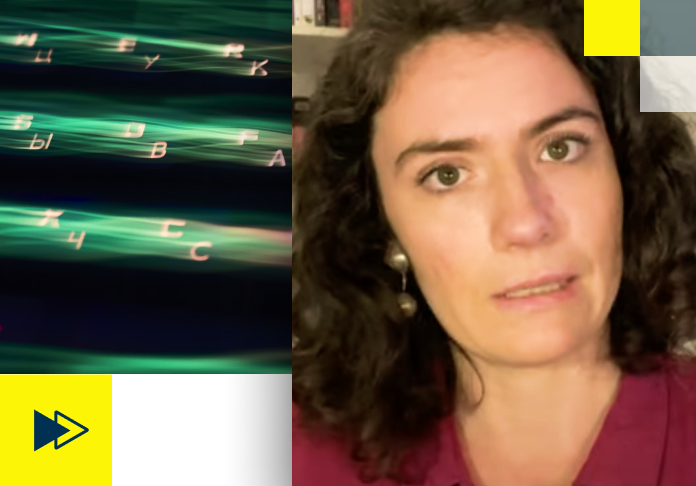
How to combat algorithmic bias?
Lívia Ruback, associate professor in the Department of Computing at the Universidade Federal Rural do Rio de Janeiro, explains how algorithmic biases can arise in the data processing and evaluation phases of artificial intelligence models and possible solutions.





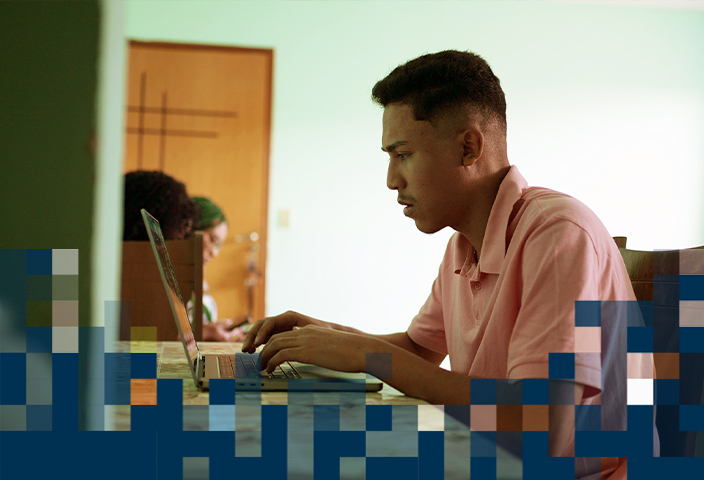 Entrepreneurship, religion and democracy
Entrepreneurship, religion and democracy Agribusiness and Politics
Agribusiness and Politics Evangelical Women and Democracy
Evangelical Women and Democracy Working Hours, Economic Growth and Well-Being
Working Hours, Economic Growth and Well-Being Oil and the Energy Transition
Oil and the Energy Transition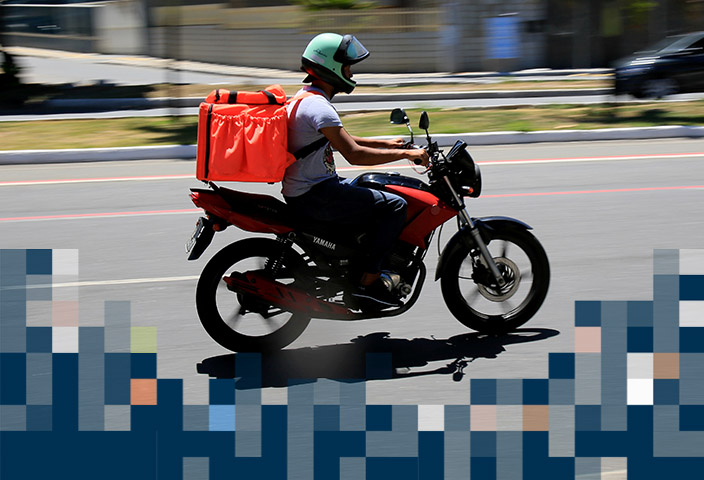 Transportation and Delivery Platforms
Transportation and Delivery Platforms Public Security and Democracy
Public Security and Democracy Regulation of Social Media Platforms and the Marco Civil da Internet
Regulation of Social Media Platforms and the Marco Civil da Internet Freedom of expression and action of the Judiciary
Freedom of expression and action of the Judiciary Sustainable Agribusiness
Sustainable Agribusiness Deforestation in the Cerrado
Deforestation in the Cerrado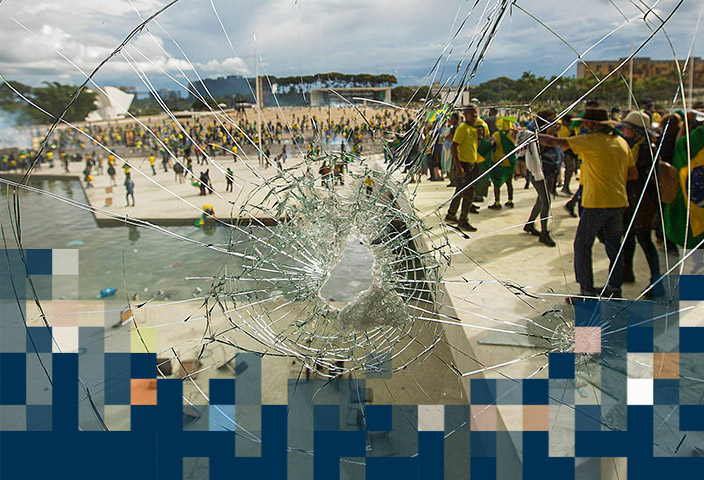 New wave of populism: radical right-wing movements
New wave of populism: radical right-wing movements BRICS and the new multipolar global order
BRICS and the new multipolar global order Artificial Intelligence and the Environment
Artificial Intelligence and the Environment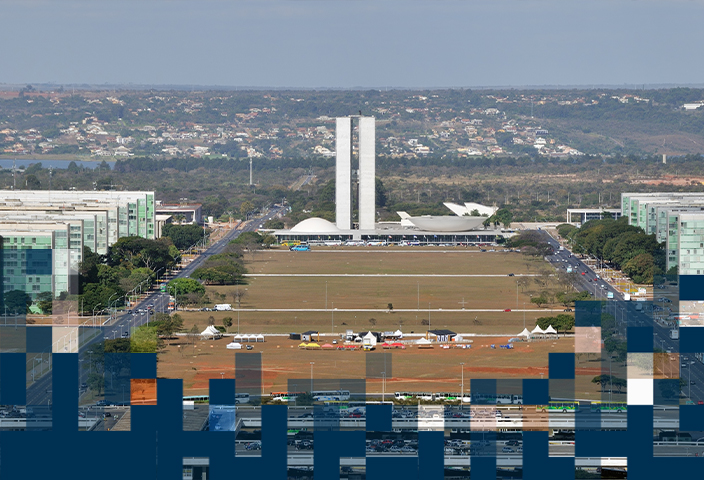 The Brazilian political system and the quality of democracy
The Brazilian political system and the quality of democracy Environment and Development
Environment and Development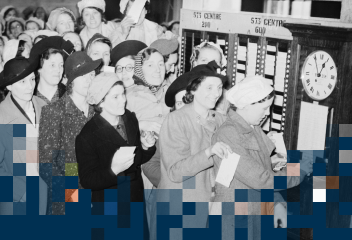 Digitalisation and the job market
Digitalisation and the job market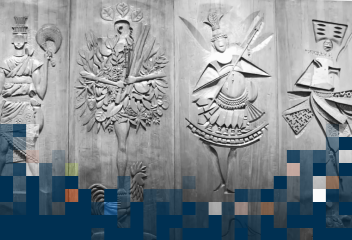 The relationship between State and religion
The relationship between State and religion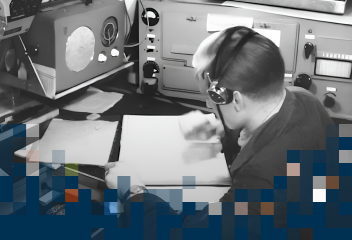 Artificial Intelligence, Democracy and Public Policy
Artificial Intelligence, Democracy and Public Policy